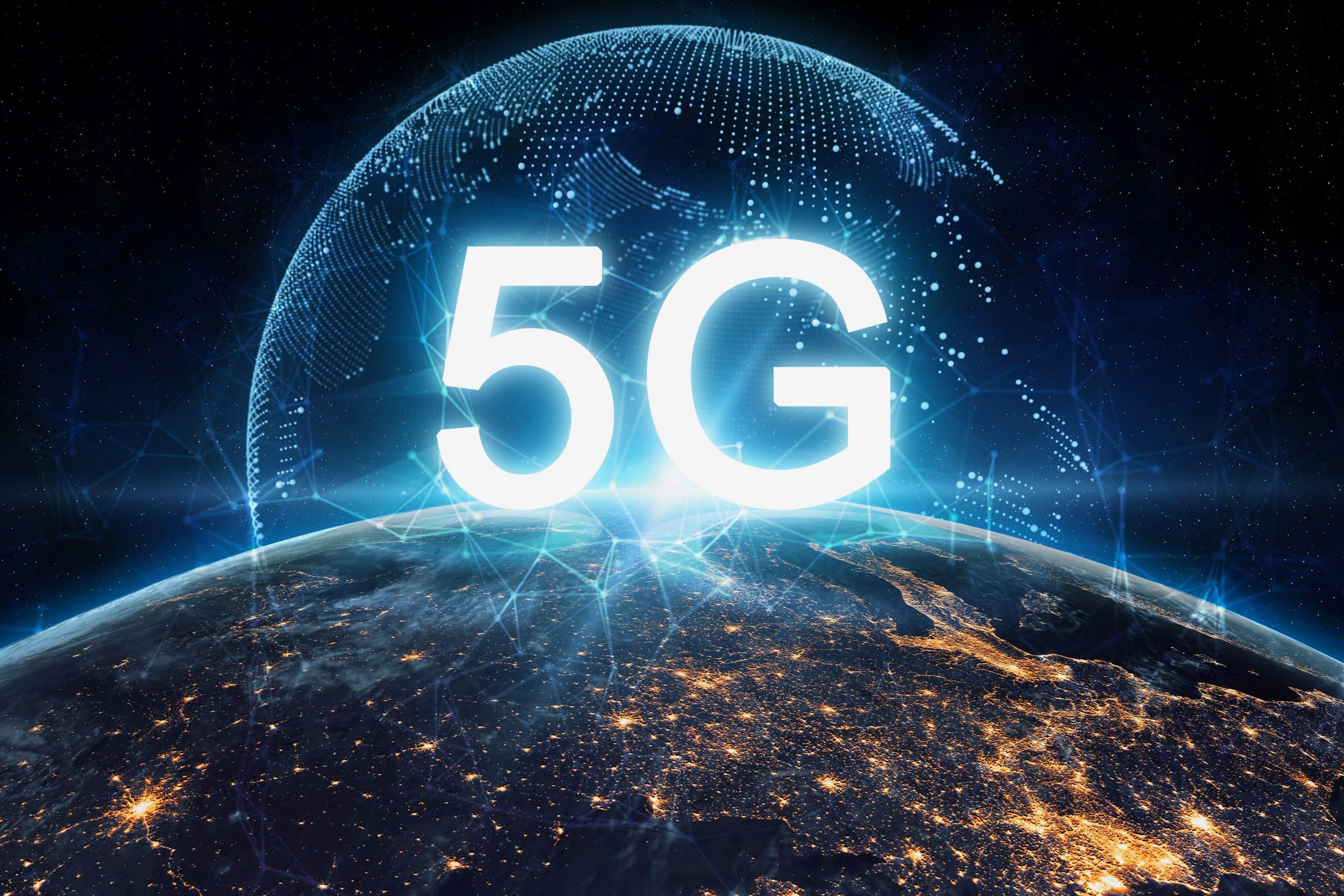The world of technology is always evolving, and one of the most exciting advancements in recent years is 5G technology. If you’ve been hearing a lot about 5G but aren’t quite sure what it means or how it affects you, you’re in the right place. In this article, we’ll break down 5G technology in a friendly and conversational tone, making it easy to understand its significance and benefits.
Table of Contents
ToggleWhat is 5G Technology?
5G, or fifth-generation technology, is the latest iteration of mobile networks. It promises faster speeds, lower latency, and greater capacity compared to its predecessor, 4G. Essentially, 5G is designed to support a growing number of devices and applications that require high-speed internet, such as smartphones, smart home devices, and even vehicles.
Why Do We Need 5G?
As we continue to embrace a more connected world, our demand for data is skyrocketing. With the rise of smart devices, streaming services, and cloud computing, 4G networks are beginning to show their limitations. Here are a few reasons why 5G is essential:
- Increased Speed: 5G networks can deliver download speeds up to 100 times faster than 4G. This means you can download a full-length movie in seconds instead of minutes!
- Lower Latency: Latency refers to the time it takes for data to travel from one point to another. 5G technology significantly reduces latency, making activities like gaming, video conferencing, and augmented reality experiences much smoother.
- Enhanced Capacity: With 5G, more devices can connect simultaneously without degrading network performance. This is crucial as the number of connected devices continues to grow.
- Empowering Innovations: 5G is not just about faster internet. It paves the way for innovations in various fields, including healthcare, transportation, and smart cities.
How Does 5G Work?
5G technology operates on three different frequency bands: low, mid, and high (often referred to as millimeter wave). Each band has its unique characteristics:
- Low-Band 5G: Offers broad coverage and good penetration through obstacles like buildings but provides slower speeds. It’s great for rural areas.
- Mid-Band 5G: Balances speed and coverage, making it suitable for urban areas. This band provides faster speeds than low-band while maintaining decent coverage.
- High-Band 5G: Offers the fastest speeds but has a shorter range and is less effective at penetrating buildings. This band is ideal for densely populated urban centers.
The Role of Infrastructure
To support 5G technology, telecom companies are investing in new infrastructure. This includes installing more cell towers and using small cells that can be placed closer together to enhance coverage and speed. This extensive network of cells is essential for harnessing the full potential of 5G.
The Benefits of 5G Technology
1. Enhanced Mobile Broadband
With 5G, you can expect smoother streaming experiences. Whether you’re watching your favorite show or playing an online game, the speed and reliability of 5G will enhance your overall experience.
2. Internet of Things (IoT)
5G will be a game-changer for IoT devices. With more devices able to connect seamlessly, smart homes will become even smarter. Imagine controlling all your home appliances with just your voice or having your fridge automatically order groceries when supplies run low!
3. Telemedicine
The healthcare sector stands to benefit immensely from 5G technology. Telemedicine can become more effective, allowing doctors to conduct remote surgeries with precision and patients to receive instant medical assistance through high-quality video calls.
4. Smart Cities
5G technology will facilitate the development of smart cities, where everything from traffic management to waste disposal is optimized using real-time data. This can lead to more efficient city management and a better quality of life for residents.
5. Improved Gaming Experiences
For gamers, 5G means reduced lag times and seamless multiplayer experiences. This technology will also support the growth of cloud gaming, allowing you to play high-quality games on devices that previously couldn’t handle them.
Challenges and Concerns
While 5G technology offers numerous benefits, it also comes with challenges and concerns that need addressing:
1. Infrastructure Costs
Building a robust 5G network requires significant investment. This includes not only new towers but also upgrades to existing systems. The costs can be a barrier for some telecom companies.
2. Coverage Gaps
Although 5G is expanding, there are still areas, particularly rural regions, that may experience slower rollout. Ensuring equitable access to 5G will be crucial in the coming years.
3. Health Concerns
Some people are concerned about the potential health impacts of increased electromagnetic radiation from 5G towers. While research is ongoing, regulatory agencies, including the World Health Organization, state that current evidence does not support claims that 5G is harmful.
4. Cybersecurity Risks
With more devices connected to the internet, the risk of cyberattacks increases. As we embrace 5G technology, ensuring robust security measures will be essential to protect users’ data.
How to Prepare for 5G
As 5G technology becomes more widely available, here are a few steps you can take to prepare:
- Check Your Device: Ensure that your smartphone or device is 5G-compatible. Many new models support this technology, but older ones may not.
- Stay Informed: Keep an eye on your local telecom providers for updates on 5G rollout in your area. Knowing when it’s available can help you take full advantage of the new capabilities.
- Explore New Technologies: With 5G, many new applications and devices will emerge. Stay curious and explore how 5G can enhance your life, from smart home devices to advanced gaming systems.
Conclusion
5G technology is set to revolutionize how we connect and interact with the world around us. From faster internet speeds to the empowerment of smart devices, the possibilities are endless. While challenges exist, the potential benefits of 5G are too significant to ignore.
As we move forward into this new era of connectivity, staying informed and adaptable will be key. Embrace the changes, explore new technologies, and get ready for a more connected future. With 5G, the best is yet to come!
